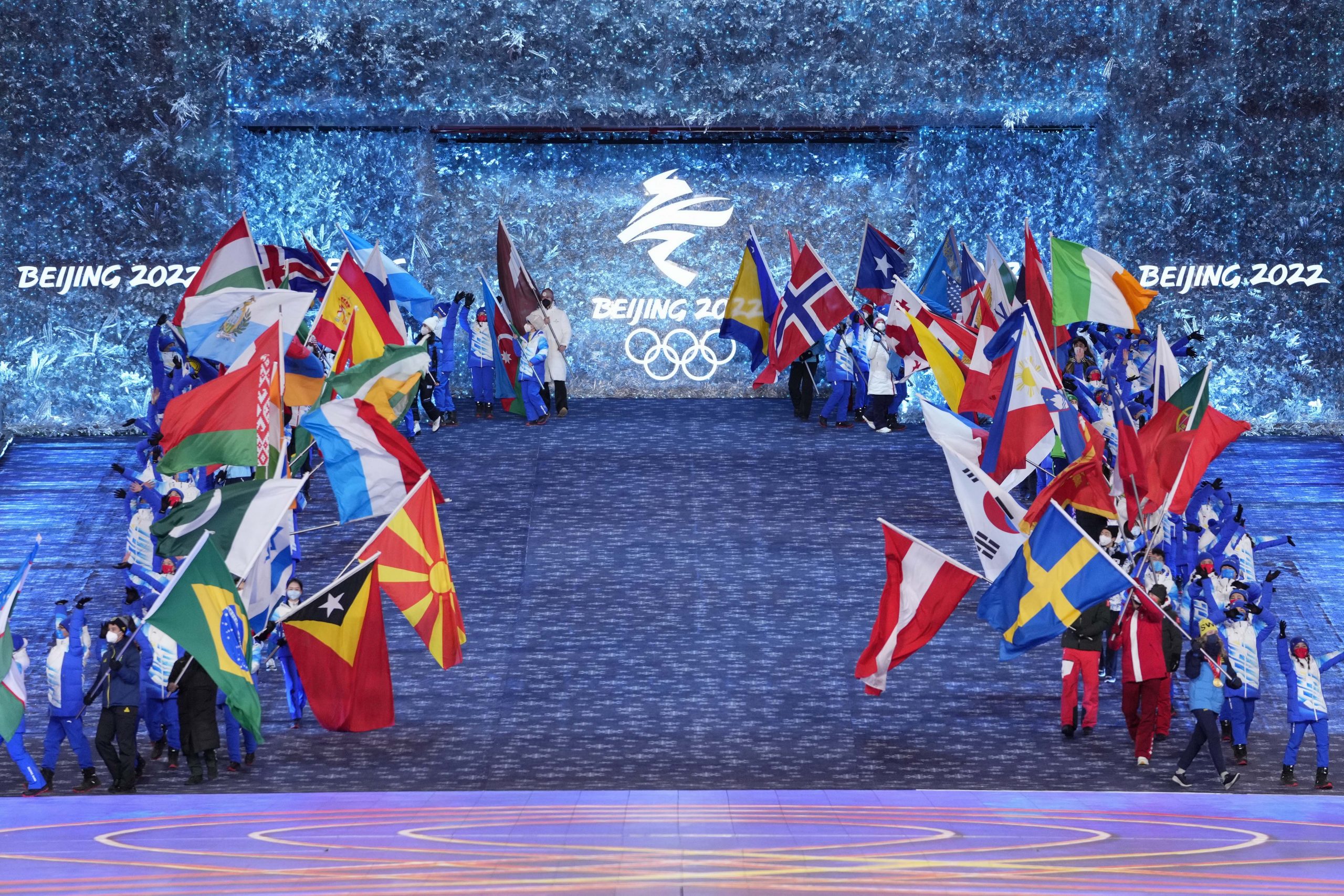Warnings to use disposable “burner” phones and laptops. Privacy-protecting software. Concerns about a security flaw in an official Games smartphone app.
Such precautions fuelled unease about data privacy for competitors and attendees at the Winter Olympics in Beijing. Not everyone heeded them.
Also read: In pics | All the action from the final day of the Beijing 2022 Winter Olympics
“Honestly, I’ve been coming to China for 12 years or whatever, and I’m not that important,” Canadian snowboarder Mark McMorris said. “Maybe if I was a diplomat or something, then I’d switch out my phone.”
Nefarious cyber activity is a flashpoint in the geopolitical rivalry between China and the West. Beijing has long been accused by the U.S. and technology watchdogs of widespread online snooping and data pilfering, allegations it denies.
Also read: Beijing 2022 final medal tally: Norway 1st with 16 golds, Germany 2nd, China 3rd
Now that the Games are ending, and some 16,000 athletes, organizers, journalists and other visitors are heading home, concerns turn to what malware and other problems those who failed to heed the warnings might be carrying with them.
The good news: Cybersecurity firm Mandiant said there’s been no sign of any “intrusion activity” tied to the Olympics by the Chinese or other governments.
Also read: Beijing’s Olympics close, ending safe but odd global moment
But that shouldn’t be taken as a sign that nothing happened, said Benjamin Read, Mandiant’s director of cyber espionage analysis.
“Most compromises are detected weeks or months after they occur, so it’s too early to say for sure that there were no incidents,” he said.
It’s also possible that the electronic surveillance was most important when visitors were in China, and wouldn’t continue when those people went home, he said.
Also read: Russian frustration with Finland continues in Olympic final
He advised anyone who travelled to China for the Winter Games to change their passwords when they get back and make sure that no unknown devices or services have access to their accounts.
“It’s not always possible to know if a device has been compromised so it’s best to take every precaution,” he said.
Unfettered internet access is important for many amateur Olympic athletes who post photos and videos of their feats on Instagram and other social media sites. It can be critical for landing sponsors.
Also read: World champion’s mid-race sacrifice in speed skating final at Beijing Olympics 2022. Watch
“I’m on my phone for sure. I think we’re all on our phones,” said Canadian snowboarder Laurie Blouin, who said she was “feeding the Grams.”
McMorris said he was using his iPhone to stream TV shows, exchange chat messages and post on Instagram, Twitter and TikTok.
And U.S.-born Chinese freestyle skiing sensation Eileen Gu has posted multiple times on Instagram since the Games began.
When a user asked why she was able to use the app, which is blocked in China, Gu responded that “anyone can download a vpn,” or virtual private network, software that scrambles communications so it can’t be read by anyone except the recipient.
Also read: Taiwan premier wants speedskater Huang Yu-ting punished for wearing China suit
The posts, which later disappeared, sparked an online outcry over internet freedom, in part because VPNs aren’t available in Chinese app stores after authorities cracked down on their use.
(With inputs from The Associated Press)







